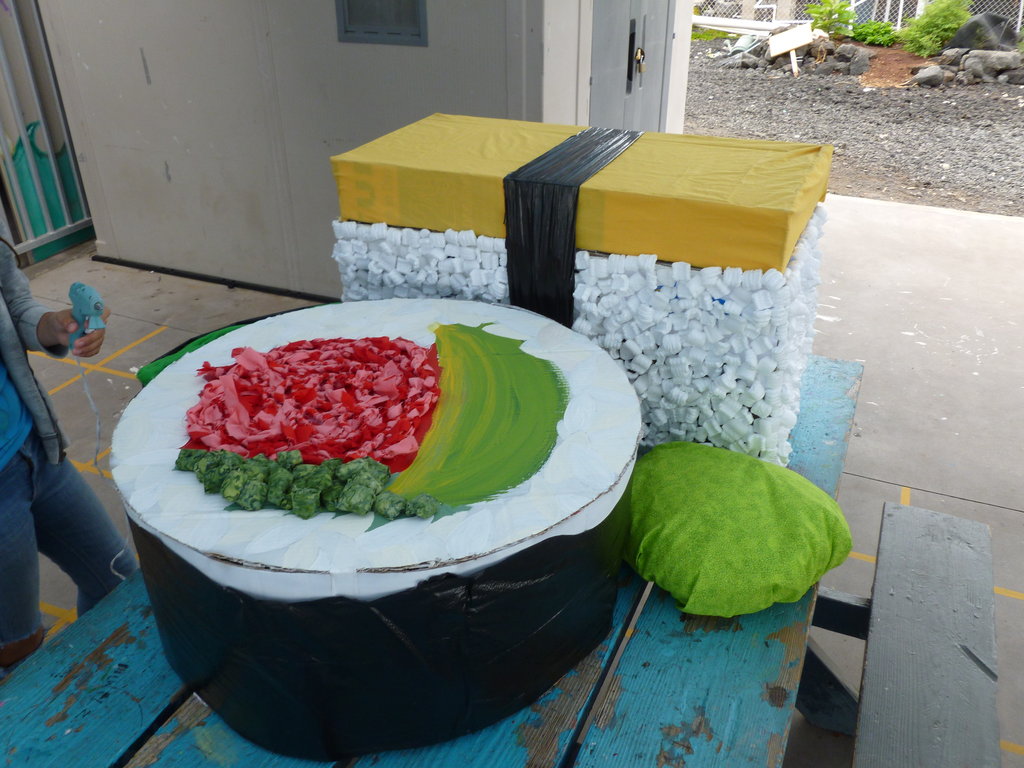I spent the five happiest years of my life in a morgue. As a forensic scientist in the Cleveland coroner’s office I analyzed gunshot residue on hands and clothing, hairs, fibers, paint, glass, DNA, blood and many other forms of trace evidence, as well as crime scenes. Now I'm a certified latent print examiner and CSI for a police department in Florida. I also write a series of forensic suspense novels, turning the day job into fiction. My books have been translated into six languages.
I wouldn't have any idea about that.
Any kind of lab work, lab courses or internships in laboratories or with the criminal justice system.
Barring any bizarre circumstances i would think they have only been dead for a short time. But that's really a pathologist's question.Hope that helps!
I'm sorry I can't help but that's a pathology question. I do not know.
Dry Cleaner
 What happens to clothing at dry cleaners that goes unclaimed?
What happens to clothing at dry cleaners that goes unclaimed?
CBP Officer
 Do you catch less marijuana at the border now that it's being decriminalized in some States?
Do you catch less marijuana at the border now that it's being decriminalized in some States?
Sushi Chef
 Is there THAT much difference in quality between the fish served at mid-range vs high-end places?
Is there THAT much difference in quality between the fish served at mid-range vs high-end places?
Yes. I've never heard it mentioned that certain things don't show up until later.
I'm sorry but I wouldn't have any idea. You'd have to ask an anthropologist.
I think it's unlikely that there wouldn't be any injuries, but I'm afraid I couldn't tell you. You would need a pathologist for that.
-OR-
 Login with Facebook
Login with Facebook (max 20 characters - letters, numbers, and underscores only. Note that your username is private, and you have the option to choose an alias when asking questions or hosting a Q&A.)
(A valid e-mail address is required. Your e-mail will not be shared with anyone.)
(min 5 characters)
By checking this box, you acknowledge that you have read and agree to Jobstr.com’s Terms and Privacy Policy.
-OR-
 Register with Facebook
Register with Facebook(Don't worry: you'll be able to choose an alias when asking questions or hosting a Q&A.)